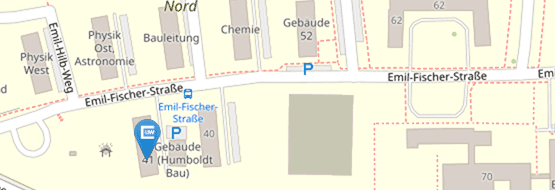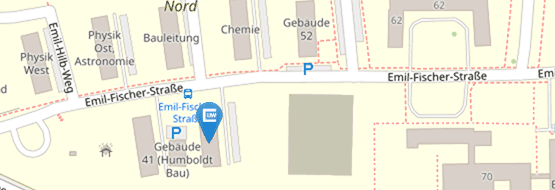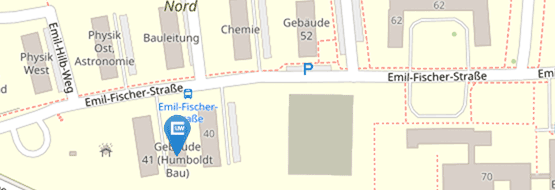Research Areas
Nash equilibrium problems
Many problems from economics and technology are based on multiple agents, each trying to optimize a certain quantity subject to individual constraints. Typical examples are models for traffic assignment or market simulations involving multiple companies which aim to maximize their respective profit. Problems like these give rise to the mathematical concept of the *Nash equilibrium*. Our research includes a comprehensive study of these problems, the underlying mathematical theory, and numerical approaches for the practical computation of Nash equilibria.
The Nash equilibrium problem also serves as the departure point for more involved multi-player problems as well as variational and quasi-variational inequalities. Our research therefore includes an analysis of these classes, their relationships, and the properties of numerical algorithms for their solution.
Optimization and Variational Problems in Banach Spaces
Mathematical models from the natural sciences often lead to problems which cannot be described by finite-dimensional means. These include, for instance, obstacle problems (Wikipedia), optimal control, or optimization problems over a continuous time interval. Mathematically speaking, these applications are infinite-dimensional optimization problems. The analysis of such problems necessitates techniques which generalize and transcend the classical finite-dimensional optimization paradigm.
Our research aims at the development of concepts and approaches for the solution of optimization problems in infinite dimensions. The underlying theory lies at the intersection of multiple disciplines such as function analysis, numerical mathematics, and scientific computing. In these areas, we collaborate with members of the team Optimale Steuerung.
Nonsmooth Optimization
Many applications of mathematical optimization involve nonsmooth structures. These include optimization problems with nonsmooth functions, which occur, for instance, in multi-level optimization; or problems with irregular constraints such as complementarity or sparsity constraints. In our research, we approach such problems through modern methods of nonsmooth analysis, and develop future-proof techniques for the thorough solution of the corresponding problem classes.







